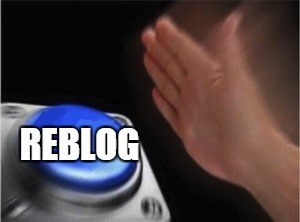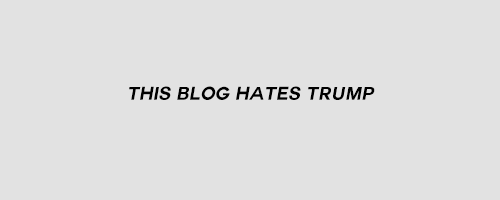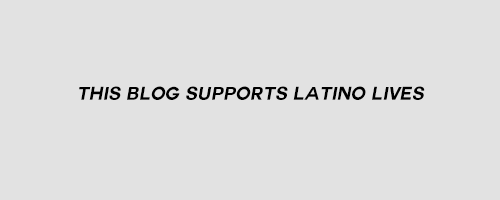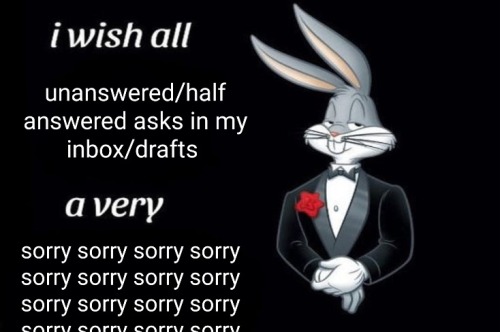Love-monarch - The Monarch(Commissions Open!)

More Posts from Love-monarch and Others

@isuggestforcefem has infiltrated the Trump admin.
The Amazing Digital Carnival

I wanted to experiment with fan posters, so why not use my favorite TADC universe?
This au belongs to sm-baby
REBLOG if you have amazing talented artist friends!


I’m gonna take a break for a little while. I’ll be back as soon as possible.
Pomctober Day 3- Freakshow Pomni

Caine could’ve told her what was going on instead of outright possessing her. 😒
Au created by @hootbon
I’m a big fan of Vintage 8 and his analog horror. My favorite characters from his projects happen to be Oracle and Prophet. So, I made fanart of them.

(I think the 8 ball persona was perfect for them)
Click below for the alt. version







I don’t even know if my ask box is open. Am I doing something wrong-?

i dont hate you guys i swear i just have really shitty memory

A new tool lets artists add invisible changes to the pixels in their art before they upload it online so that if it’s scraped into an AI training set, it can cause the resulting model to break in chaotic and unpredictable ways.
The tool, called Nightshade, is intended as a way to fight back against AI companies that use artists’ work to train their models without the creator’s permission. Using it to “poison” this training data could damage future iterations of image-generating AI models, such as DALL-E, Midjourney, and Stable Diffusion, by rendering some of their outputs useless—dogs become cats, cars become cows, and so forth. MIT Technology Review got an exclusive preview of the research, which has been submitted for peer review at computer security conference Usenix.
AI companies such as OpenAI, Meta, Google, and Stability AI are facing a slew of lawsuits from artists who claim that their copyrighted material and personal information was scraped without consent or compensation. Ben Zhao, a professor at the University of Chicago, who led the team that created Nightshade, says the hope is that it will help tip the power balance back from AI companies towards artists, by creating a powerful deterrent against disrespecting artists’ copyright and intellectual property. Meta, Google, Stability AI, and OpenAI did not respond to MIT Technology Review’s request for comment on how they might respond.
Zhao’s team also developed Glaze, a tool that allows artists to “mask” their own personal style to prevent it from being scraped by AI companies. It works in a similar way to Nightshade: by changing the pixels of images in subtle ways that are invisible to the human eye but manipulate machine-learning models to interpret the image as something different from what it actually shows.
Continue reading article here
“I don’t like Youtube video essays they’re too mansplain-y.” has the word mansplain been lost in translation or has the term ‘video essay’ been lost in translation???? bc I have no idea what sentiment you’re truly to express? you feel this passion project YouTube analysis of an indie video game is misogynistically condescending? you clicked on a video of a man explaining something and it’s mansplainy? like I’m not saying a person must listen to and enjoy video essays but that confounded me truly
-
 transcattyacid liked this · 1 month ago
transcattyacid liked this · 1 month ago -
 jupiterrr33 liked this · 1 month ago
jupiterrr33 liked this · 1 month ago -
 screaminweirdo liked this · 1 month ago
screaminweirdo liked this · 1 month ago -
 trashdragon4 reblogged this · 1 month ago
trashdragon4 reblogged this · 1 month ago -
 trashdragon4 liked this · 1 month ago
trashdragon4 liked this · 1 month ago -
 kotizona liked this · 1 month ago
kotizona liked this · 1 month ago -
 mokhovynnya liked this · 1 month ago
mokhovynnya liked this · 1 month ago -
 thedcfangirl liked this · 1 month ago
thedcfangirl liked this · 1 month ago -
 never-ending-fanfic liked this · 1 month ago
never-ending-fanfic liked this · 1 month ago -
 me-lunitari liked this · 1 month ago
me-lunitari liked this · 1 month ago -
 princessbatzyyx liked this · 1 month ago
princessbatzyyx liked this · 1 month ago -
 soefjarno reblogged this · 1 month ago
soefjarno reblogged this · 1 month ago -
 vibes-tba liked this · 1 month ago
vibes-tba liked this · 1 month ago -
 songfortheday liked this · 1 month ago
songfortheday liked this · 1 month ago -
 hotpinkacademia liked this · 1 month ago
hotpinkacademia liked this · 1 month ago -
 exiled-dragoon liked this · 1 month ago
exiled-dragoon liked this · 1 month ago -
 b3lph3gor3 liked this · 1 month ago
b3lph3gor3 liked this · 1 month ago -
 amaranthnymph liked this · 1 month ago
amaranthnymph liked this · 1 month ago -
 escaygee liked this · 1 month ago
escaygee liked this · 1 month ago -
 wandaluvstacos liked this · 1 month ago
wandaluvstacos liked this · 1 month ago -
 raspberryraptor liked this · 1 month ago
raspberryraptor liked this · 1 month ago -
 comradehosiah liked this · 1 month ago
comradehosiah liked this · 1 month ago -
 luckytacocat liked this · 1 month ago
luckytacocat liked this · 1 month ago -
 theunicorncomic-blog reblogged this · 1 month ago
theunicorncomic-blog reblogged this · 1 month ago -
 joycrispy liked this · 1 month ago
joycrispy liked this · 1 month ago -
 tumblew0rd liked this · 1 month ago
tumblew0rd liked this · 1 month ago -
 achildofshadows reblogged this · 1 month ago
achildofshadows reblogged this · 1 month ago -
 eclipsedrawsthings reblogged this · 1 month ago
eclipsedrawsthings reblogged this · 1 month ago -
 eclipsedrawsthings liked this · 1 month ago
eclipsedrawsthings liked this · 1 month ago -
 naughtypiggy liked this · 1 month ago
naughtypiggy liked this · 1 month ago -
 animeaddict363 liked this · 1 month ago
animeaddict363 liked this · 1 month ago -
 frambicallyscrantling liked this · 1 month ago
frambicallyscrantling liked this · 1 month ago -
 brokenpocketwatch reblogged this · 1 month ago
brokenpocketwatch reblogged this · 1 month ago -
 hexcoderose liked this · 1 month ago
hexcoderose liked this · 1 month ago -
 red-jaw329 reblogged this · 1 month ago
red-jaw329 reblogged this · 1 month ago -
 red-jaw329 liked this · 1 month ago
red-jaw329 liked this · 1 month ago -
 nertleturtle liked this · 1 month ago
nertleturtle liked this · 1 month ago -
 obsidiancreates liked this · 1 month ago
obsidiancreates liked this · 1 month ago -
 punk-slop liked this · 1 month ago
punk-slop liked this · 1 month ago -
 silver-tongues-blog reblogged this · 1 month ago
silver-tongues-blog reblogged this · 1 month ago -
 3rdstreetprince reblogged this · 1 month ago
3rdstreetprince reblogged this · 1 month ago -
 pairofsunflowers liked this · 1 month ago
pairofsunflowers liked this · 1 month ago -
 iamidentical liked this · 1 month ago
iamidentical liked this · 1 month ago -
 teyohluwe reblogged this · 1 month ago
teyohluwe reblogged this · 1 month ago -
 shamouti reblogged this · 1 month ago
shamouti reblogged this · 1 month ago -
 ahasiw-okitowin reblogged this · 1 month ago
ahasiw-okitowin reblogged this · 1 month ago -
 guardgomabroa reblogged this · 1 month ago
guardgomabroa reblogged this · 1 month ago -
 calliecopper liked this · 1 month ago
calliecopper liked this · 1 month ago -
 dadthinksdoctorwhoisacrimeseries reblogged this · 1 month ago
dadthinksdoctorwhoisacrimeseries reblogged this · 1 month ago -
 notebooks-and-laptops liked this · 1 month ago
notebooks-and-laptops liked this · 1 month ago

20 year old writer/artist; I love clowns; latest obsession: The Amazing Digital CircusMostly posts on weekends
212 posts